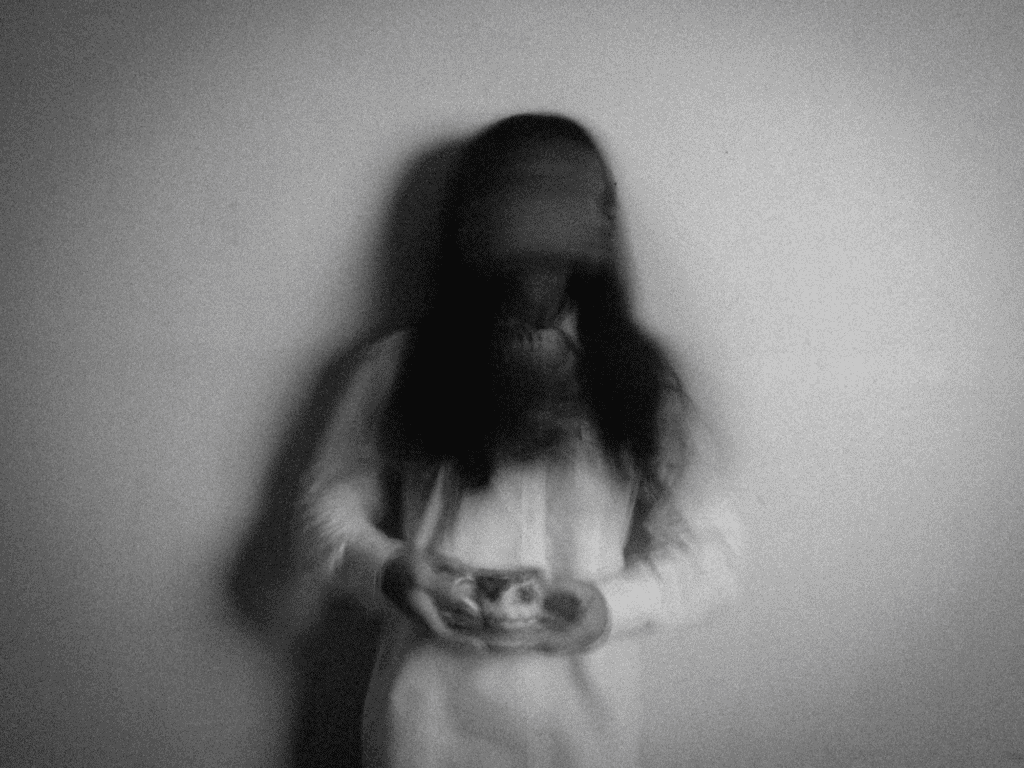What is Self-Harm and How is it Treated?
Self-harm, including cutting, burning, scalding, hitting and more, can often be misconstrued as being something that it is not. From an outsider’s point of view, an individual who engages in self-harm probably wants attention, is suicidal, or is “crazy”. However none of these opinions about self-harm are generally true. Most people who practice self-harm do […]
What is Self-Harm and How is it Treated? Read More »






